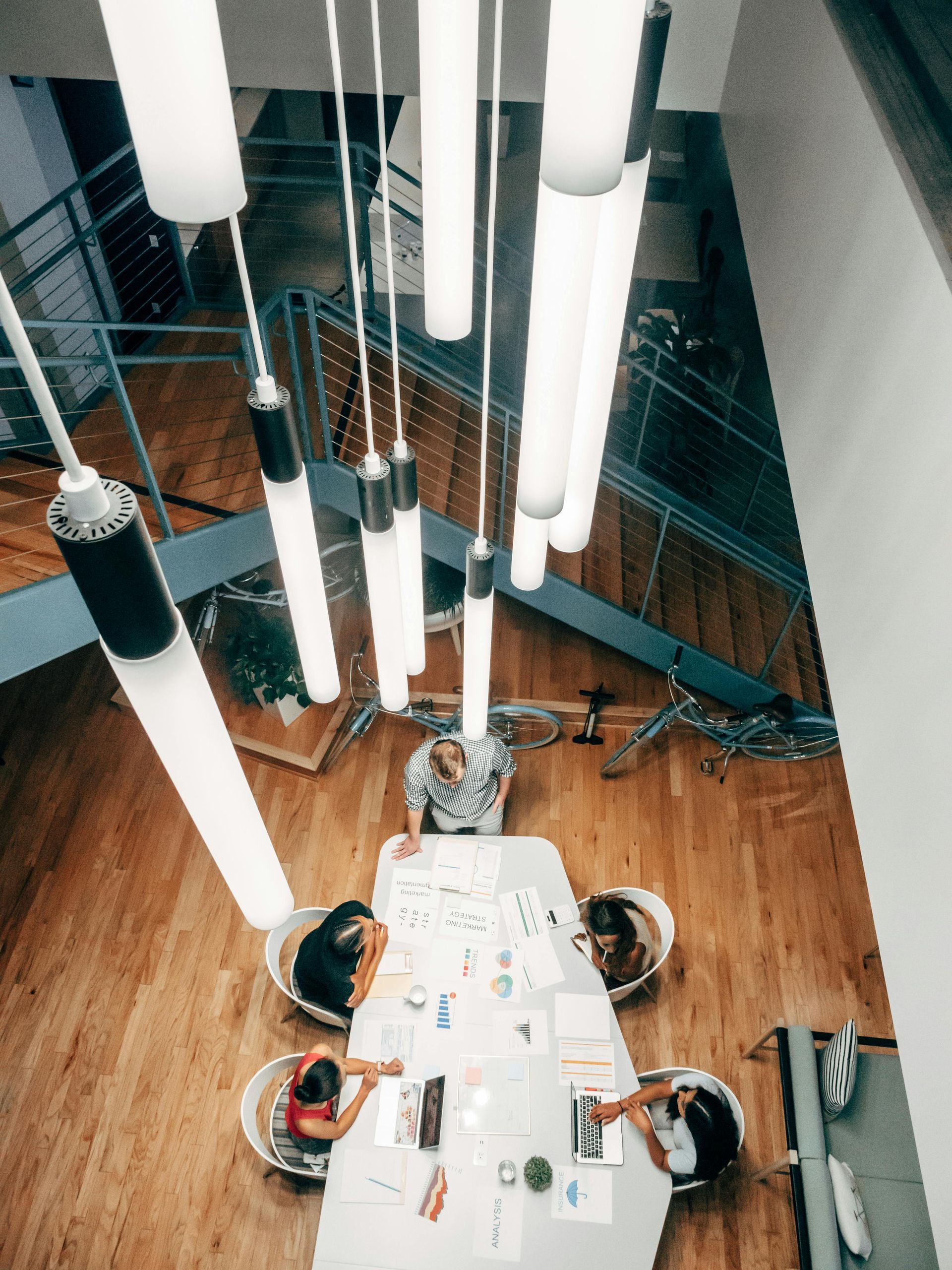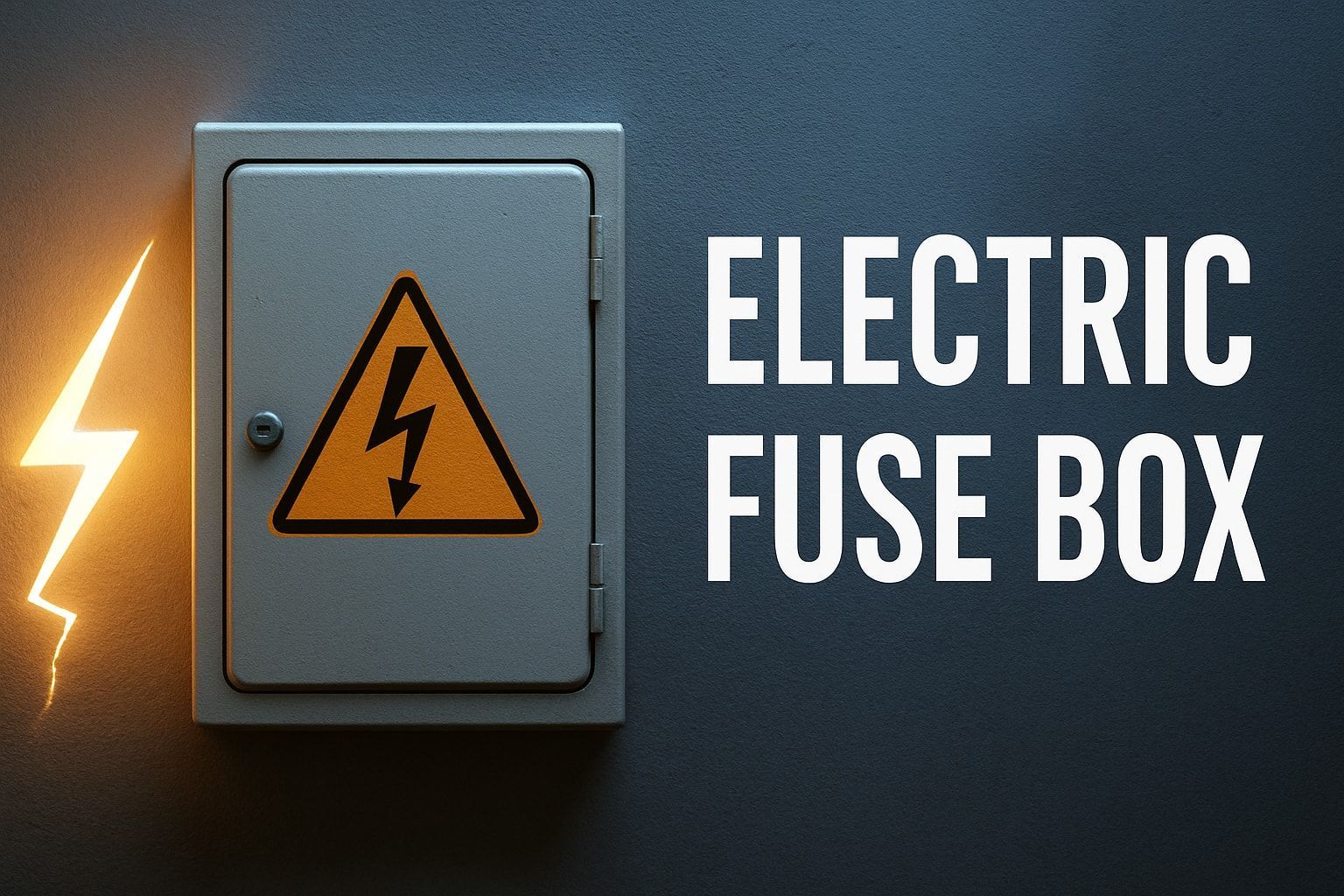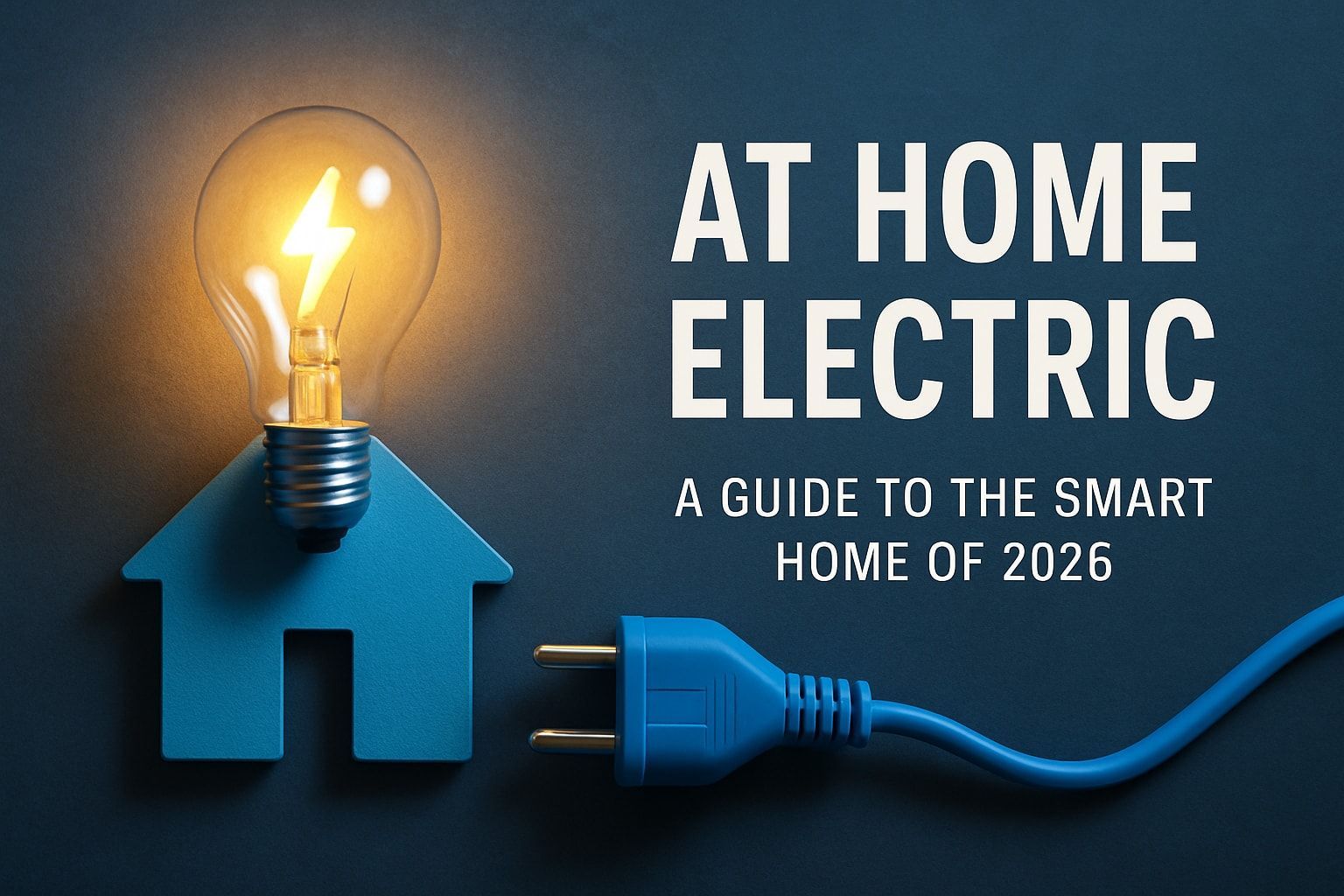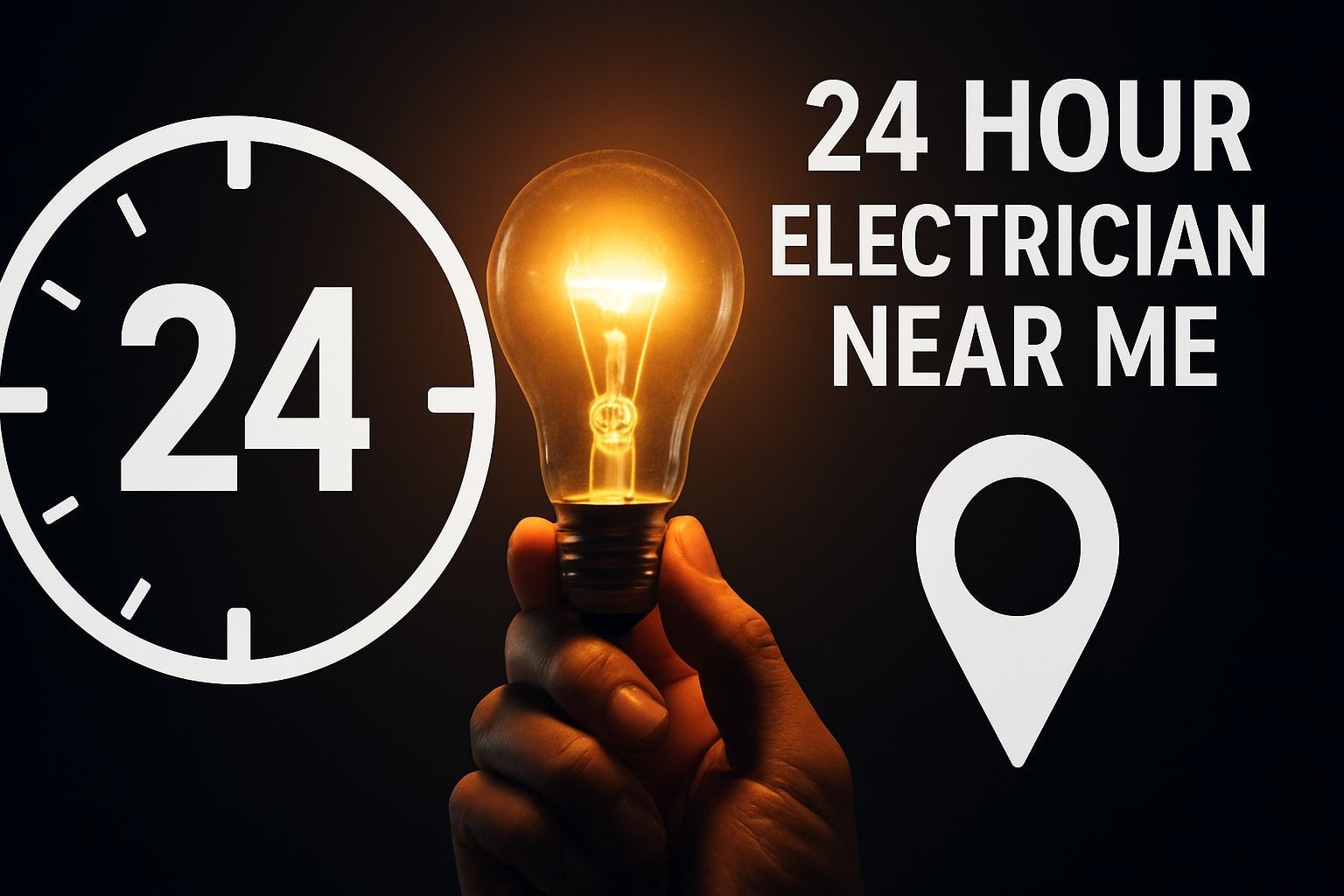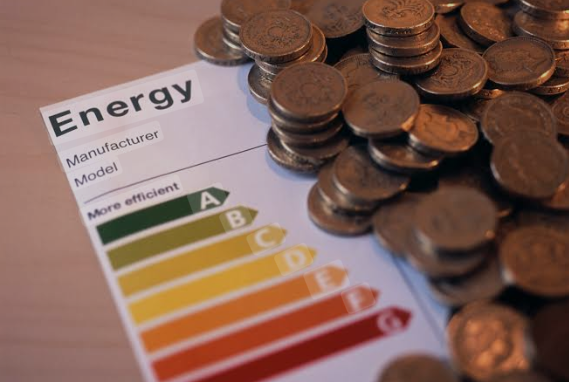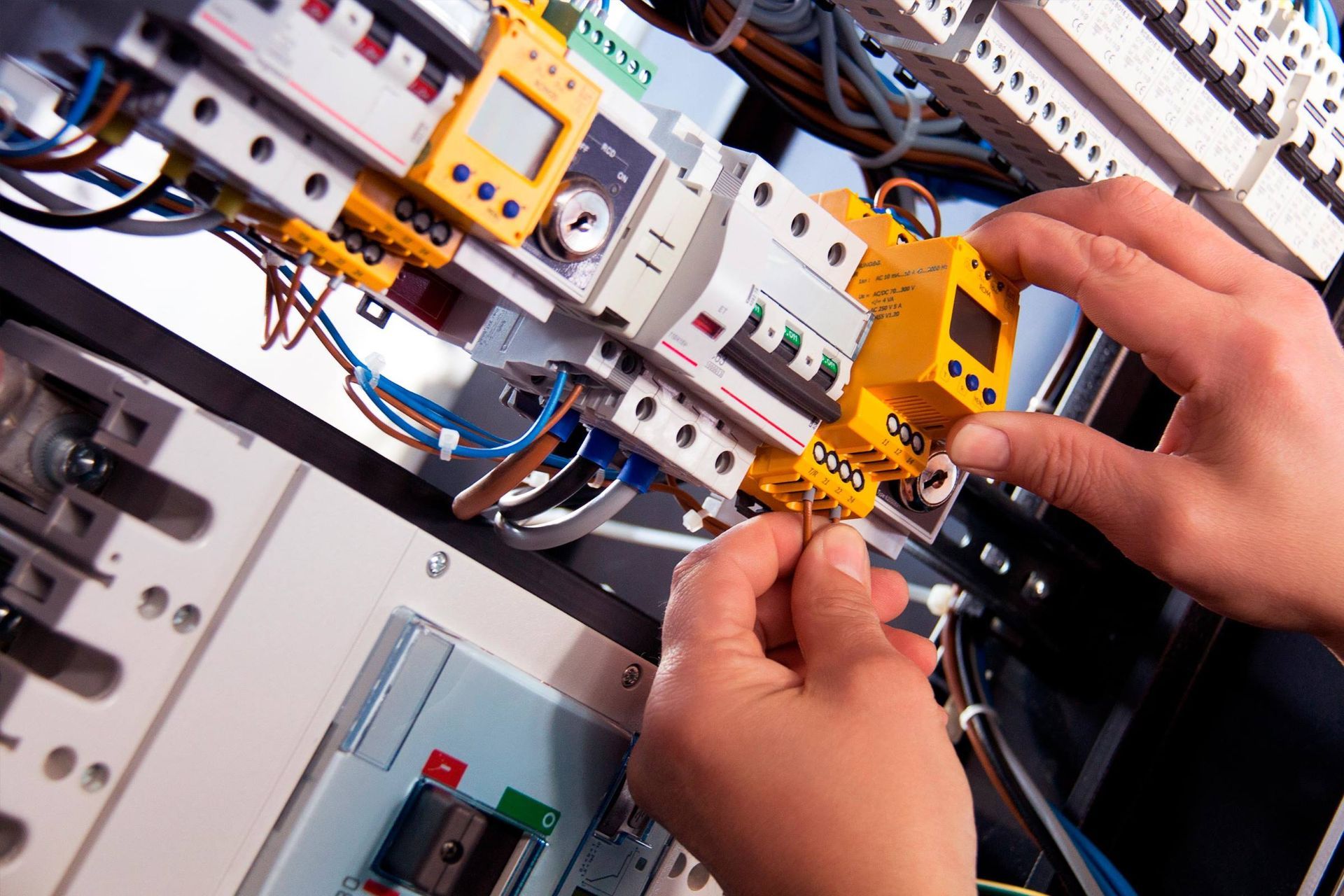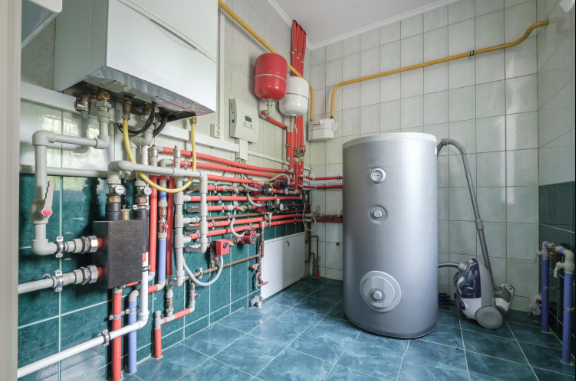Benefits of LED Lighting for Commercial Properties
Comprehensive Benefits that LED Lighting Offers for Commercial Properties of All Types.
Illuminating the Path to Efficiency and Sustainability
As commercial property owners and managers continue to seek ways to optimize operational efficiency, reduce costs, and minimize environmental impact, one solution consistently rises to the top: LED lighting. In our previous blogs, we've explored specific lighting solutions for different commercial spaces and discussed Ontario's rebate programs for energy-efficient lighting. Today, we're taking a broader look at the comprehensive benefits LED lighting offers for commercial properties of all types.
At BradCon Electrical, we've helped countless Toronto and GTA businesses upgrade to LED technology, witnessing firsthand the transformative effects these systems have on commercial environments. The advantages extend far beyond simple illumination, touching every aspect of business operation from financial performance to employee well-being.
The Financial Advantages of LED Lighting
Perhaps the most compelling reason commercial property owners switch to LED lighting is the significant financial benefit. These savings come from multiple sources, creating a compelling return on investment.
Energy Efficiency: Dramatic Cost Reductions
LED lighting delivers impressive energy efficiency compared to traditional lighting technologies:
- LED light bulbs are up to 90% more efficient than traditional incandescent lightbulbs, making them the most energy-efficient lighting technology available today
- LEDs provide the same brightness as traditional bulbs while using 90% less energy and producing very little heat
- Energy-efficient lighting can cut lighting-related costs by 30-50%, creating substantial utility bill reductions
For commercial buildings where lighting can account for a significant portion of energy consumption, these efficiency gains translate directly to lower operational costs.
Extended Lifespan: Reduced Replacement Costs
The exceptional longevity of LED lighting creates another major source of savings:
- LEDs should last for almost 14 years in buildings that use lighting for approximately 10 hours each day, compared to about 4 years for the longest-lasting fluorescent bulbs
- Every LED light replaced equals 50 incandescent light replacements, significantly reducing maintenance costs
- A single LED light bulb can last for about 50,000 hours, with some brands extending to 100,000 hours
This extended lifespan is particularly valuable in commercial environments where accessing and replacing lights can be disruptive to business operations and often requires specialized equipment and personnel.
Maintenance Savings: Beyond Bulb Replacement
The maintenance benefits extend beyond just the reduced frequency of replacement:
- With LED fixtures, businesses spend $3 over a period that would have cost $150 in incandescent bulb maintenance
- LED fixtures are more durable and resistant to vibration and impact, making them ideal for industrial and manufacturing environments
- The reduced heat output of LED lighting decreases strain on HVAC systems, potentially extending their lifespan and reducing cooling costs
Financial Incentives: Accelerated ROI
In Ontario and across Canada, various programs help offset the initial investment in LED lighting:
- The 2025 commercial LED lighting rebates offer expanded eligibility, higher rebate amounts, and a focus on the latest lighting technology
- Many utility companies offer incentives for upgrading commercial properties to more energy-efficient lighting systems, significantly reducing the initial cost
- Federal tax credits and rebate programs, including those from the Energy Policy Act and Inflation Reduction Act, provide additional financial benefits
Impressive Return on Investment
When all these financial benefits are combined, the return on investment for LED lighting upgrades is compelling:
- LED lighting upgrades typically pay for themselves within 1-3 years, depending on the size and complexity of your property
- Many commercial properties see positive cash flow within the first year when rebates and incentives are applied
- The lifetime value of LED systems far exceeds their initial cost, creating significant long-term savings
Environmental Benefits: The Green Advantage
Beyond the financial benefits, LED lighting offers substantial environmental advantages that align with corporate sustainability initiatives and green building certifications.
Reduced Energy Consumption
The primary environmental benefit comes from reduced energy consumption:
- The extensive transition from legacy lighting technologies to LEDs has fueled a reduction in total electricity consumed by lighting in U.S. commercial buildings from 17% in 2012 to 9% in 2022
- By 2027, widespread use of LEDs could reduce electricity use equal to the annual electrical output of 44 large electric power plants, leading to total savings of more than $30 billion
- Energy efficiency, including LED lighting, can deliver more than 40% of the necessary global reduction in energy-related emissions
Lower Carbon Footprint
The energy savings directly translate to reduced carbon emissions:
- Due to their low energy consumption, LEDs contribute the least amount of carbon dioxide into the atmosphere of all lighting sources. For example, use of a simple incandescent bulb results in 4,500 pounds of CO2 annually, while LED bulbs contribute only 451 pounds of CO2 per year
- LED adoption has doubled since 2017, with current impact ranging between 1,000 to 1,400 million tons of CO2 emissions eliminated annually, equivalent to shutting down approximately 850-1,200 coal-fired power plants
- Switching to LEDs could prevent the construction of 1,250 power stations worldwide and reduce global energy consumption for lighting from 12% to 8% of global electricity
Reduced Waste and Hazardous Materials
LEDs also offer environmental benefits beyond energy considerations:
- Unlike traditional lighting sources such as incandescent and fluorescent bulbs, which contain hazardous materials like mercury, LEDs are free of toxic substances
- The exceptional durability of LED lighting (50,000-100,000 hours compared to 1,000 hours for incandescent and 10,000 hours for fluorescent) minimizes waste generation
- By directing light only where it's needed and minimizing glare and stray light, LED fixtures help preserve the natural nighttime environment and protect wildlife habitats
Support for Green Building Certification
For commercial properties pursuing LEED, BREEAM, or other green building certifications, LED lighting can contribute valuable points:
- Energy efficiency credits for reduced power consumption
- Indoor environmental quality credits for improved lighting quality
- Innovation credits for advanced lighting control systems
Productivity and Well-Being: The Human Factor
While the financial and environmental benefits are compelling, the impact of LED lighting on the people who work in commercial spaces may be equally important.
Enhanced Visual Comfort
LED lighting improves visual comfort in several ways:
- Unlike traditional fluorescent lights, which can emit harsh glare and cause visual discomfort, LED fixtures produce soft, diffused light that minimizes eyestrain and fatigue
- LEDs have a higher Color Rendering Index (CRI), revealing the true colors of whatever they illuminate, improving both aesthetics and functionality
- LEDs never buzz or flicker like fluorescent lights, eliminating these sources of distraction and discomfort
Improved Productivity
Research has demonstrated that quality lighting significantly impacts workplace productivity:
- Improving light quality can increase productivity, accuracy, and performance while reducing errors, accidents, headaches, and eye fatigue
- In a well-lit environment, employees report a 15% increase in focus, which is like gaining an extra hour of productive time in a standard workday
- Better illumination allows employees to see tasks in greater detail, increasing accuracy and work speed while reducing costly shipping and manufacturing errors
Enhanced Mood and Well-Being
The psychological benefits of quality lighting extend beyond simple productivity:
- LED lighting can help to reduce eye strain and headaches, which are common problems associated with traditional fluorescent lighting
- Exposure to blue-enriched light, such as that emitted by LEDs, can stimulate the production of serotonin, a neurotransmitter associated with mood regulation and cognitive function
- Participants who were exposed to bright light between 8am and 5pm reported less sleep disturbance and lower levels of depression
Improved Safety and Reduced Absenteeism
The impacts on safety and attendance are equally significant:
- Poor workplace lighting has been identified as a leading cause of slips, trips, and falls, the second leading cause of death in the workplace and the cause of more than 18% of injuries resulting in time away from work
- Installing light with high CRI values could help alleviate many of the health effects caused by lower levels of visibility, potentially reducing absenteeism
- By mimicking natural light, certain LED lighting can support the body's circadian rhythm, promoting better sleep quality, reducing stress levels, and improving overall health
Advanced LED Lighting Technologies
Today's LED lighting systems offer capabilities far beyond those of traditional lighting, providing commercial properties with unprecedented control and customization options.
Smart Controls and Automation
Modern LED systems can include advanced control features:
- Occupancy sensors prevent lights from staying on in empty rooms, while daylight harvesting adjusts brightness based on natural light levels
- LED lighting makes it easy to implement wireless controls that provide management through apps or centralized building systems
- When networked control systems in large buildings use sensors for both lighting control and HVAC management, total energy usage can easily drop by 20%
Color Temperature Optimization
The ability to adjust color temperature provides additional benefits:
- Cooler lights (4000K-5000K) can boost alertness during the day, while warmer tones (2700K-3000K) are better for winding down
- Different commercial environments benefit from different color temperatures, with warm white (2700K-3000K) creating a cozy, inviting atmosphere ideal for fashion and lifestyle stores
- Dynamic LED lighting that changes throughout the day can potentially improve sleep quality and reduce stress for office workers
Integration with Building Management Systems
LED lighting increasingly functions as part of larger intelligent building systems:
- Broader coverage for lighting solutions in 2025 includes smart and adaptive lighting technology, helping property managers streamline building controls and increase their ROI
- Integration with occupancy tracking for space utilization analysis
- Data collection capabilities to optimize building performance
Implementing LED Lighting in Commercial Properties
For commercial property owners considering an LED upgrade, following a structured approach will maximize benefits and minimize disruption.
Assessment and Planning
Start with a comprehensive evaluation of your current lighting systems:
- Energy Audit: Analyze current energy consumption and identify high-priority areas for upgrades
- Lighting Quality Assessment: Evaluate current light levels, distribution, and quality to identify improvement opportunities
- Needs Analysis: Determine specific lighting requirements for different areas based on tasks performed
Selecting the Right Solutions
Choose LED systems tailored to your specific commercial environment:
- Office spaces: LED panel lights and troffers with appropriate color temperature and glare control
- Warehouses and industrial areas: High-bay fixtures with appropriate distribution patterns
- Retail environments: A combination of ambient, accent, and task lighting to enhance product displays
- Exterior areas: Energy-efficient security and wayfinding lighting with appropriate controls
Implementation Strategy
Develop a phased approach to minimize disruption:
- Pilot Projects: Start with high-visibility areas to demonstrate benefits
- Financial Planning: Take advantage of available rebates and incentives
- Installation Scheduling: Plan installations during off-hours or in phases
- Measurement and Verification: Track energy savings and other benefits to validate ROI
Making the Switch: Partnering with BradCon Electrical
At BradCon Electrical, we understand that every commercial property has unique lighting requirements. Our comprehensive approach ensures that your LED lighting upgrade delivers maximum benefits:
- Detailed Assessment: We evaluate your current lighting systems, energy usage, and specific needs
- Custom Design: Our lighting professionals design solutions tailored to your property and budget
- Rebate Navigation: We help you access all available incentives to maximize ROI
- Professional Installation: Our certified electricians ensure proper installation and commissioning
- Ongoing Support: We provide maintenance and support to ensure long-term performance
The Smart Investment for Modern Commercial Properties
The evidence is clear: LED lighting represents one of the most impactful upgrades available for commercial properties. With benefits spanning financial performance, environmental sustainability, and human well-being, LED technology offers a rare opportunity to simultaneously improve multiple aspects of your commercial operation.
As energy costs continue to rise and environmental regulations become more stringent, the advantages of LED lighting will only increase. Commercial properties that make the switch now position themselves for long-term success while immediately beginning to enjoy the substantial benefits these systems provide.
Whether you manage an office building, warehouse, retail center, or multi-use facility, LED lighting offers a proven path to improved efficiency, sustainability, and occupant satisfaction. The question isn't whether you should upgrade to LED lighting, but rather how quickly you can implement this transformative technology.
To explore how LED lighting can benefit your specific commercial property, contact BradCon Electrical at (416) 881-4212. Our team of lighting professionals is ready to help you navigate the options and implement solutions that maximize both performance and value.
Frequently Asked Questions
What is the typical payback period for commercial LED lighting upgrades?
Most commercial LED lighting projects achieve payback periods of 1-3 years through energy savings alone. When factoring in maintenance savings and available rebates, many projects reach positive cash flow in under 2 years. Properties with extended operating hours (such as 24/7 facilities) or those in areas with high electricity rates typically see the fastest return on investment. For new construction, the incremental cost of LED systems compared to traditional lighting can often be recovered in under a year.
How much maintenance savings can commercial properties expect from LED lighting?
LED lighting dramatically reduces maintenance costs in several ways. The extended lifespan of LED fixtures (50,000-100,000 hours compared to 1,000-20,000 hours for traditional lighting) means far fewer replacements are needed. Additionally, LEDs don't fail catastrophically like traditional bulbs—they gradually dim over time, allowing for planned replacement. For a typical commercial property, maintenance costs can be reduced by 70-90%, particularly in hard-to-reach areas where replacement costs are highest due to specialized equipment and labor requirements.
How do LED lights improve workplace productivity?
LED lighting improves workplace productivity through multiple mechanisms. The higher-quality light reduces eye strain, headaches, and fatigue, allowing employees to maintain focus and energy throughout the day. The better color rendering of LED lighting enables improved accuracy for detail-oriented tasks, reducing errors. Additionally, properly designed LED lighting can support natural circadian rhythms, potentially improving sleep quality, reducing absenteeism, and enhancing overall cognitive performance. Some studies have shown productivity improvements of 5-15% following LED lighting upgrades.
Do LED lighting systems work with existing controls and fixtures?
Many LED solutions can be integrated with existing infrastructure, though the compatibility varies. Retrofit options include direct replacement lamps that work with existing fixtures, retrofit kits that modify existing fixtures to accommodate LED technology, and complete fixture replacements. For controls, many LED systems can work with existing switches and dimmers, though some may require new controllers to access advanced features like color tuning and integrated sensing. A professional lighting assessment from BradCon Electrical can determine the best approach for your specific property and existing systems.

